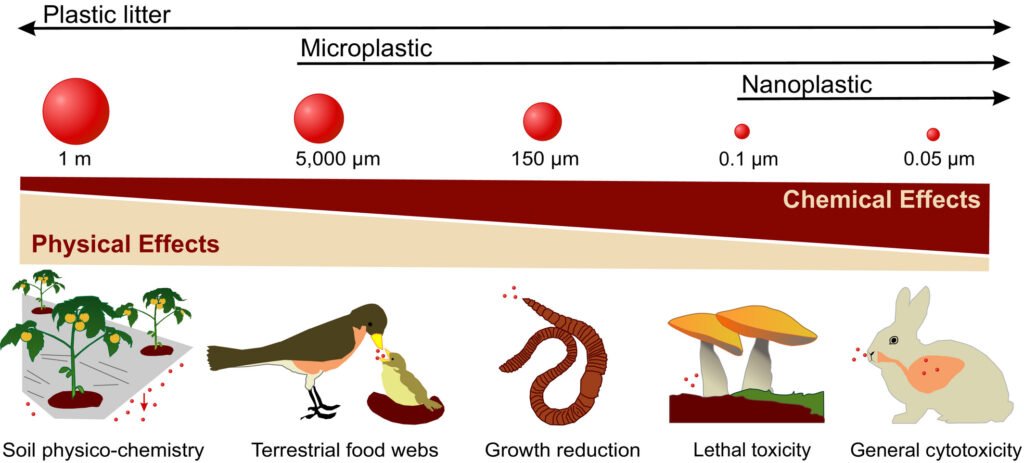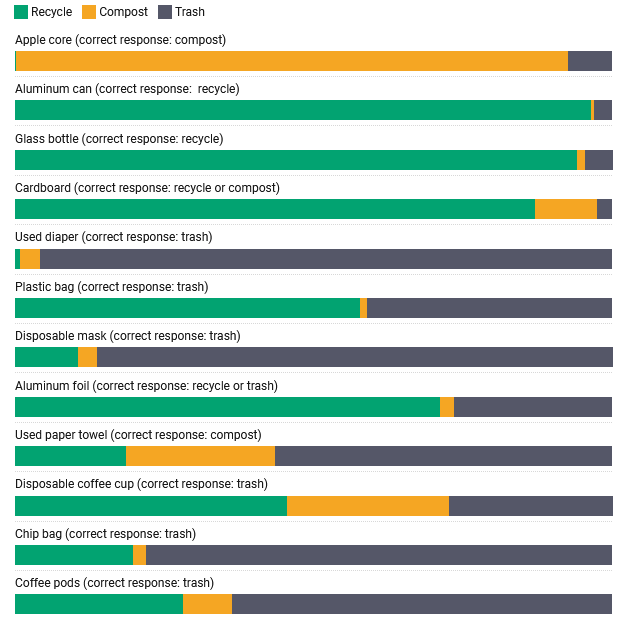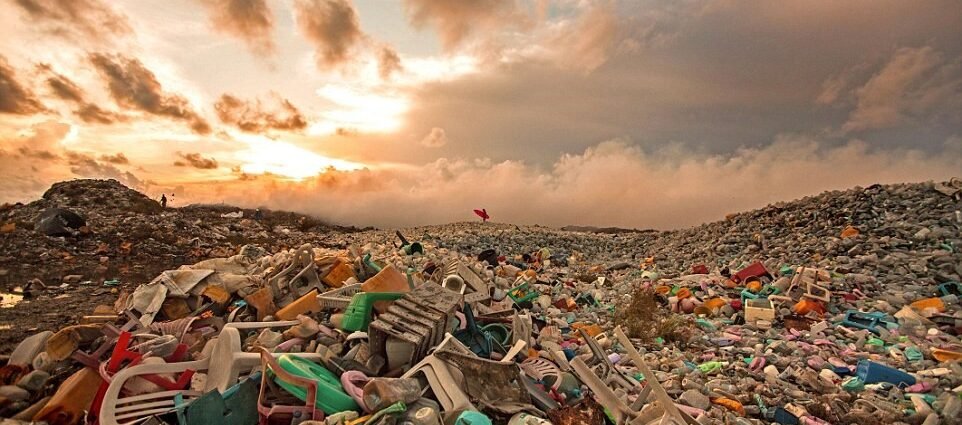Recycling campaigns have overshadowed the issue of over-production and overlooked more sustainable waste reduction strategies, according to scientists. A group of researchers from the University of Virginia has written an new essay stating that people tend to focus too much on recycling in the waste management industry’s “Reduce, Reuse, Recycle” slogan.

According to them, there has been a significant unintended consequence where the public now wrongly believes that recycling solves all waste problems and is unaware of what items can actually be recycled, thus neglecting the worsening waste crisis.
The incorrect or excessive emphasis on recycling has led to harmful consequences, such as the pollution of oceans, land, and our bodies with microplastics from consumer waste. Additionally, the production of these materials is contributing to the increased levels of greenhouse gases, which is detrimental to our planet.

Despite efforts by governments to reduce and prohibit single-use plastic items like straws and bags, the industries that produce these items continue to increase their production. Additionally, the strategies implemented by these industries to address the issue are not mandatory.

Consumers bear the responsibility to reduce, reuse, and recycle, but they lack sufficient knowledge on how to effectively perform these actions. This current situation fails to address the urgent global waste problem.
Reference- Futurism, Journal nature, The Conversation, US EPA website, The New York Times






